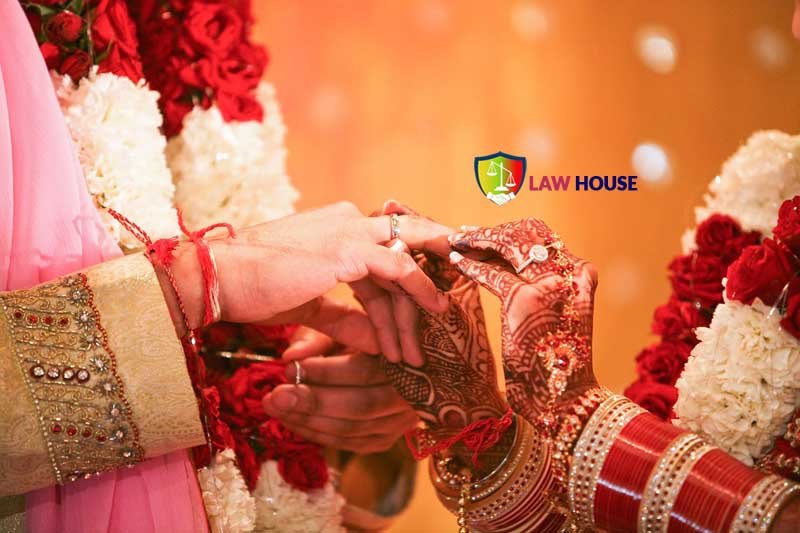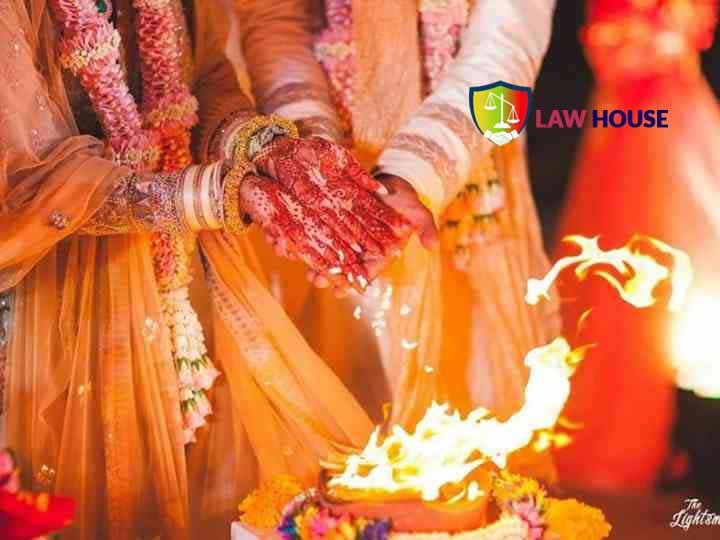Marriage counseling, also called couples therapy, helps couples — married or not — understand and resolve conflicts and improve their relationship. Marriage counseling gives couples the tools to communicate better, negotiate differences, problem solve and even argue in a healthier way.If your marriage is having problems, do not wait too long to seek professional help. Marriage counseling (also called couples therapy) can be very effective, especially if couples seek it out sooner rather than later. This article will guide you what is the benefit you can get from Marriage Counseling in India
Do You Need Marriage Counseling?
Consider these questions about yourself, your partner, and your marriage.
- Did you marry at an early age?
- Did you not graduate from high school?
- Are you in a lower income bracket?
- Are you in an interfaith marriage?
- Did your parents divorce?
- Do you often criticize one another?
- Is there a lot of defensiveness in your marriage?
- Do you tend to withdraw from one another?
- Do you feel contempt and anger for one another?
- Do you believe your communication is poor?
- Is there infidelity, addiction, or abuse in your marriage?
If you answered “yes” to most of these questions, then you are statistically at higher risk for divorce. It does not mean that divorce is inevitable. But it may mean that you have to work much harder to keep your relationship on track.
Which Couples Get the Most From Marriage Counseling in India?
Counselors suggest that different types of couples may get more out of marriage counseling. If you see yourself here, you are likely to benefit from seeing a marriage counselor:
- Younger couples
- Non-sexist and egalitarian couples
- Couples who are still in love with each other
- Couples who are open to therapy and change
- Partners willing to look at themselves and their flaws
How does marriage counseling work?
Marriage counseling typically brings couples or partners together for joint therapy sessions. The counselor or therapist helps couples pinpoint and understand the sources of their conflicts and try to resolve them. You and your partner will analyze both the good and bad parts of your relationship. Talking about your problems with a marriage counselor may not be easy. Sessions may pass in silence as you and your partner seethe over perceived wrongs. Or you may bring your fights with you, yelling and arguing during sessions. Both are OK. Your therapist can act as a mediator or referee and help you cope with the emotions and turmoil. Your marriage counselor shouldn’t take sides in these disputes.
What if your partner refuses to attend counseling sessions?
You can go by yourself. It may be more challenging to patch up relationships when only one partner is willing to go to therapy.
Related Topic:
-
Previous Post
Divorce for Christian


